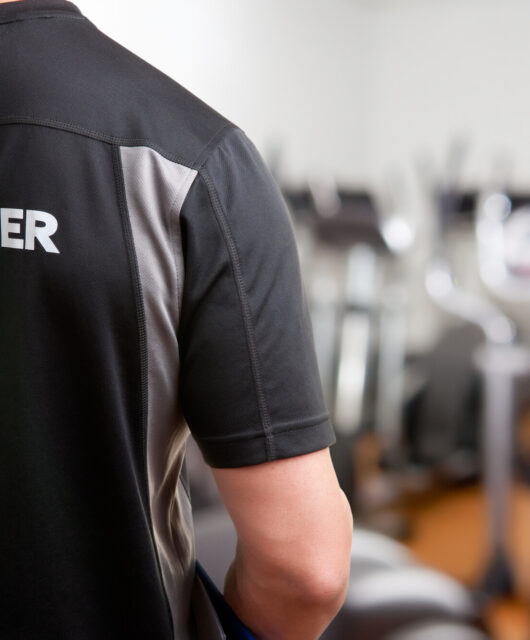3 Reasons You Can’t Fight Criminal Charges without an Attorney
 If you’ve been charged with a criminal offense and are thinking about representing yourself, you’re not going to get the best outcome for your case that way. The court system is complicated, and defending yourself involves more than you may think. Not only will you be responsible for poking holes in the prosecution’s arguments, but you’ll also have to convince a jury to side with your arguments, all while maintaining a calm and rational way of being.
If you’ve been charged with a criminal offense and are thinking about representing yourself, you’re not going to get the best outcome for your case that way. The court system is complicated, and defending yourself involves more than you may think. Not only will you be responsible for poking holes in the prosecution’s arguments, but you’ll also have to convince a jury to side with your arguments, all while maintaining a calm and rational way of being.
Table of Contents
1. A plea bargain isn’t easy to make on your own
You need an attorney to get a reduced sentence. This requires negotiating a plea bargain. If you don’t have experience negotiating plea bargains, you can expect to get close to, if not the maximum allowable sentence in terms of jail time and fines. To avoid the worst-case scenario, it’s advisable to hire a criminal defense attorney who will negotiate a plea bargain on your behalf to get your charges and sentence reduced.
The biggest obstacle you’ll face without an attorney when dealing with a plea bargain is that prosecutors aren’t usually willing to negotiate with pro se defendants, especially if the charges are violent. An experienced attorney has a better chance at negotiating a plea bargain, which might even include a diversion program for first-time offenders.
If you’re on your own, you may not even know about these programs or how to qualify, so you might end up doing time you wouldn’t have to do under a diversion program.
2. Presenting evidence isn’t a free-for-all
If you think it will be easy to present evidence proving your innocence, consider that may not be the case. Contrary to the way it looks in movies and on television, you can’t decide to present evidence in court on a whim. There is a process for submitting evidence ahead of time so the prosecution has a chance to review it, and if you don’t follow the rules, you can’t present it in court. You also can’t present new evidence during an appeal, so if you leave anything out, you can’t bring it up later.
Another challenge you’ll face on your own is that some of the things you might believe you can present as evidence won’t be admissible in court. For example, if you’re in a two-party consent state, you won’t be able to submit a recorded phone call as evidence without the other person acknowledging they agree to be recorded. Even if you live in a one-party consent state, there’s no guarantee you can submit a recorded conversation if it was recorded in a space where the other person has a reasonable expectation of privacy. That determination is up to the judge.
3. You’ll probably mess up and delay your case
It’s common for self-represented defendants to slow down proceedings by making numerous mistakes. Mistakes are inevitable when you’re not an attorney, but doing so will frustrate the prosecutor and the judge. Judges aren’t legally required to help you figure things out, although sometimes they will.
However, you can’t count on that. And you also can’t ask the prosecutor how to do simple things, like file a brief. It’s against ethics for them to offer help, even if it’s just telling you how to file a piece of paper.
You have the right to defend yourself if you want, but you still have to follow proper court procedures, which is something non-attorneys don’t know how to do properly. Attorneys go to school for three years minimum to learn all these things. For example, you’ll need to file motions and briefs, submit evidence, and source your own expert witnesses. You’ll also need to know the law to engage in the courtroom. If your case goes to trial, you’ll have to talk to a jury and persuade them to side with your arguments.
Self-representation isn’t advantageous
You don’t really have any advantage when you represent yourself. If you can’t afford an attorney, you don’t have to represent yourself – you will be given counsel. You won’t gain any advantage by refusing representation. However, if you can get a private attorney, do it as soon as possible. At the very least, get a consultation from a couple lawyers so you can find out what they think about your case and then decide which attorney you’d like to represent you in court.
When you’re represented by a skilled, experienced attorney, you have a much better chance of getting a lighter sentence, possibly having your charges dropped, and getting a lesser fine.









